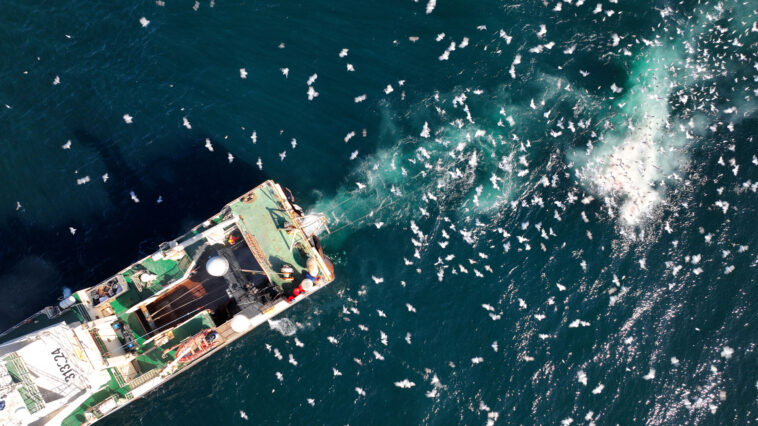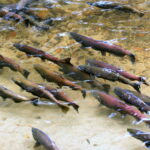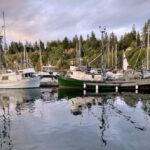Wildlife advocates are calling attention to BC trawler vessels after tens of thousands of Chinook salmon, the primary food source for endangered orcas, were discarded by groundfish trawlers. Environmental protection group Pacific Wild acquired a previously unreleased report from Fisheries and Oceans Canada (DFO) detailing the significant bycatch numbers from groundfish trawling during the 2022-23 fishing season.
According to the data, 28,117 salmon were unintentionally captured, with 93% or more than 26,000, identified as Chinook salmon. The report revealed over 20,000 dead Chinook were tossed overboard, while an additional 3,700 were either discarded as waste or compost.
The bycatch data is from a new enhanced monitoring effort by Fisheries and Oceans Canada, conducted for the first time from September 2022 to February 2023. DFO officially published the report this week, revealing the salmon bycatch rate was three times higher than the previous 14-year average and higher than any year since 2008.
Salmon & Orcas At Risk
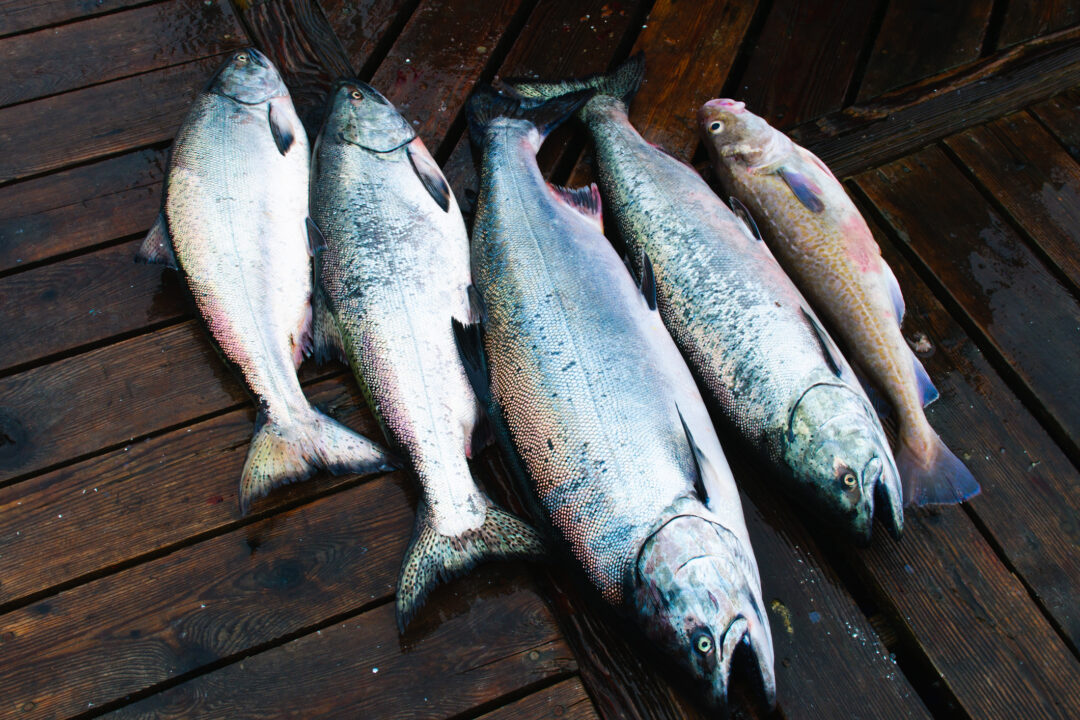
The skyrocketing bycatch figures, particularly in a fishery that is not intentionally harvesting salmon, have raised concerns about the impact on ongoing conservation efforts for both Southern Resident killer whales and the Chinook salmon population.
“This level of bycatch undermines the millions of dollars and countless hours of work currently being dedicated to the conservation, restoration, and recovery of Chinook salmon populations in BC.”
Sydney Dixon, Marine Specialist at Pacific Wild
Sydney Dixon, a marine specialist at Pacific Wild, emphasized the severity of the issue by noting that the bycatch alone could have sustained three to four endangered Southern Resident killer whales for an entire year. Chinook salmon are the biggest food source for these critically endangered orcas, with only 75 individuals of this specific population remaining.
“This level of bycatch undermines the millions of dollars and countless hours of work currently being dedicated to the conservation, restoration, and recovery of Chinook salmon populations in BC,” said Dixon, “as well as insults the sacrifices made by other fishers, First Nations, and coastal communities to protect our remaining salmon stocks.” She also pointed out the millions of dollars that the federal government is investing in programs to protect the last surviving Southern Resident orcas.
Destructive Trawlers
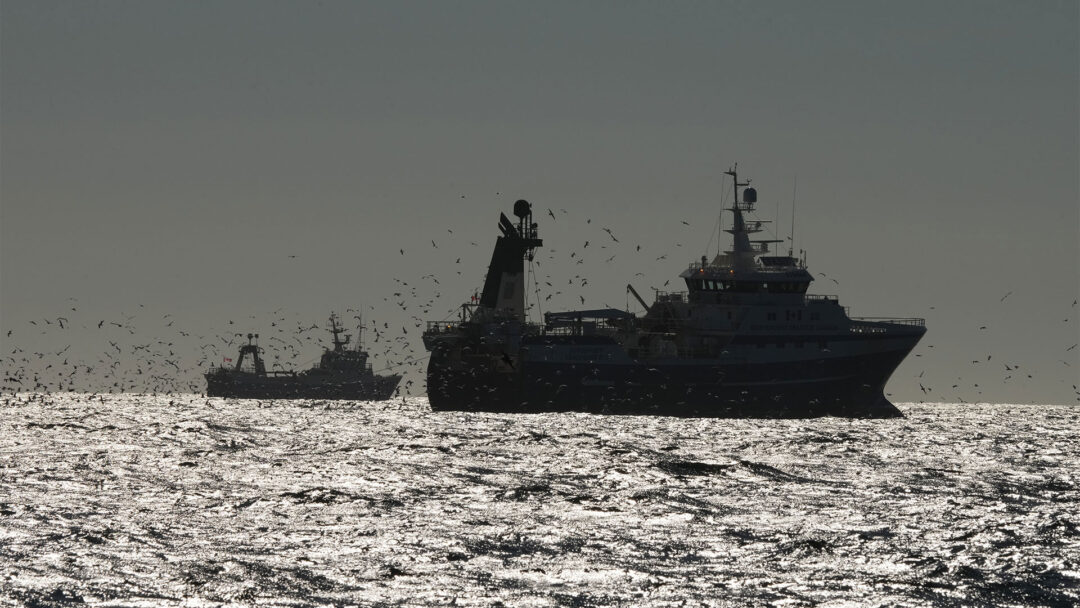
BC’s trawl fleet, comprising approximately 45 vessels, includes six large freezer boats responsible for nearly 75% of the discarded Chinook bycatch. “Trawling is, by nature, an indiscriminate fishing method,” Dixon explained. “Well over 100 species have been recorded as bycatch by groundfish trawl boats, including species listed as endangered, threatened, or of special concern under the species at risk act.”
Trawlers have been previously under fire for their destructive harvesting methods, in which they drag nets along the ocean floor to catch Pacific hake and other groundfish or in mid-water areas to catch pelagic fish, such as Walleye pollock. Pacific hake and Walleye Pollock often end up in products like pet food and fish sticks. An average trawler catch is about 38,500 tonnes, with approximately 23% discarded as bycatch.
“Well over 100 species have been recorded as bycatch by groundfish trawl boats, including species listed as endangered, threatened, or of special concern under the species at risk act.”
Sydney Dixon, Marine Specialist at Pacific Wild
Trawling practices have been known to harm fragile fish stocks, reefs, and vulnerable ecosystems. The federal government has banned trawling in particularly sensitive areas like Howe Sound, where unique species like prehistoric glass sponge reefs have seen their numbers cut in half by trawlers. Communities like Haida Gwaii have implemented marine protected areas to protect their glass sponge reefs and other at-risk species.
Improved Monitoring Needed
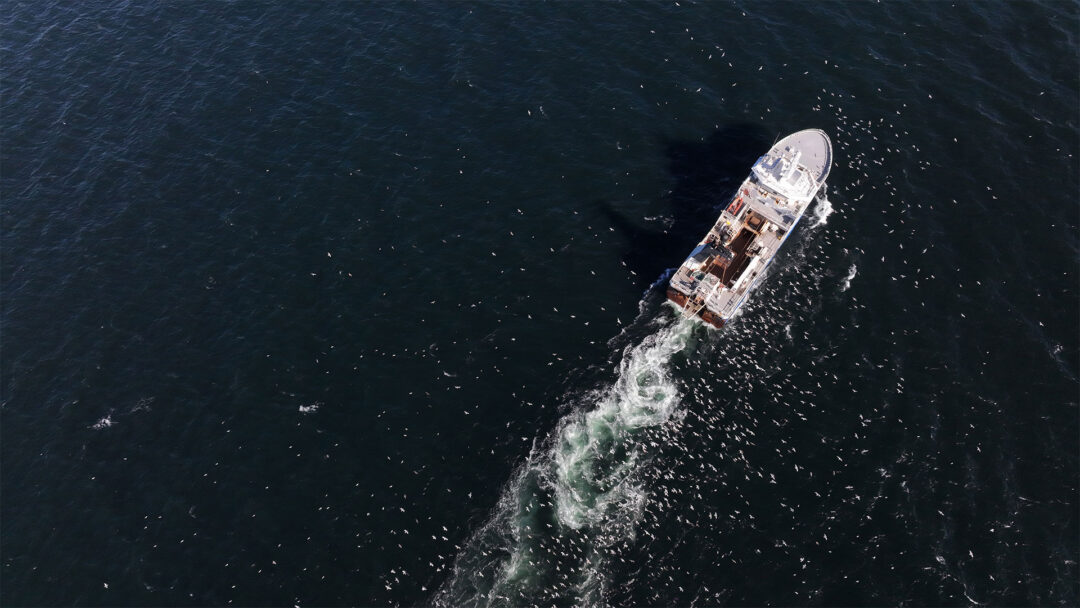
Dixon said Pacific Wild applauds DFO for improved monitoring efforts, this being the first year that the fishery has been subject to enhanced monitoring for salmon bycatch. “We were happy to see in-season closures enacted as a precautionary measure to reduce salmon bycatch,” she stated in regards to DFO closing mid-water trawling in five zones around northeastern Vancouver Island in November 2023.
“We would love to see the implementation of enhanced monitoring within the groundfish trawl fishery for Pacific herring––a species that largely forms the foundation of BC’s marine ecosystems as well as an incredibly culturally important species to many coastal First Nations.”
Sydney Dixon, Marine Specialist at Pacific Wild
However, Dixon said there is still a need for improved monitoring of wild salmon and other already at-risk species. “We would love to see the implementation of enhanced monitoring within the groundfish trawl fishery for Pacific herring––a species that largely forms the foundation of BC’s marine ecosystems as well as an incredibly culturally important species to many coastal First Nations,” she stated.
Other measures Pacific Wild recommended include reinstating the At-Sea Observer program, a monitoring practice which was cancelled during the height of the Covid-19 pandemic, and placing a moratorium on industrial freezer trawlers to keep salmon safer from incidental bycatch within the groundfish trawl fishery. “We hope to see DFO taking more proactive measures going forward,” Dixon said.


